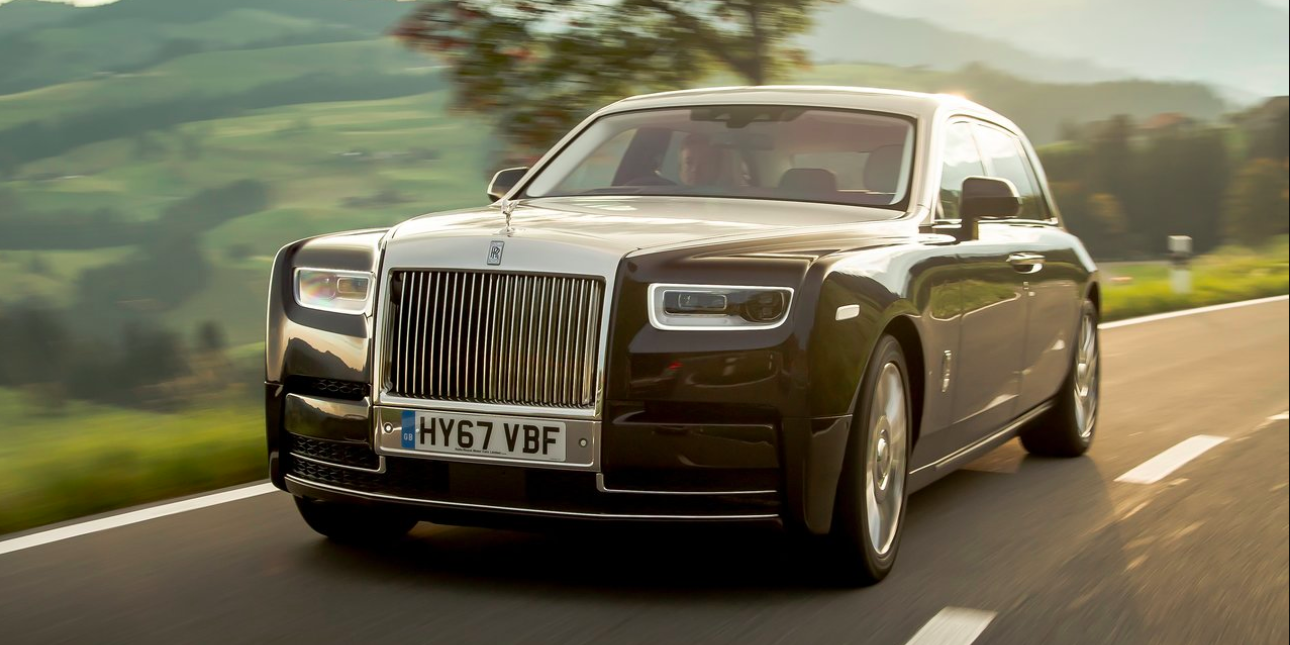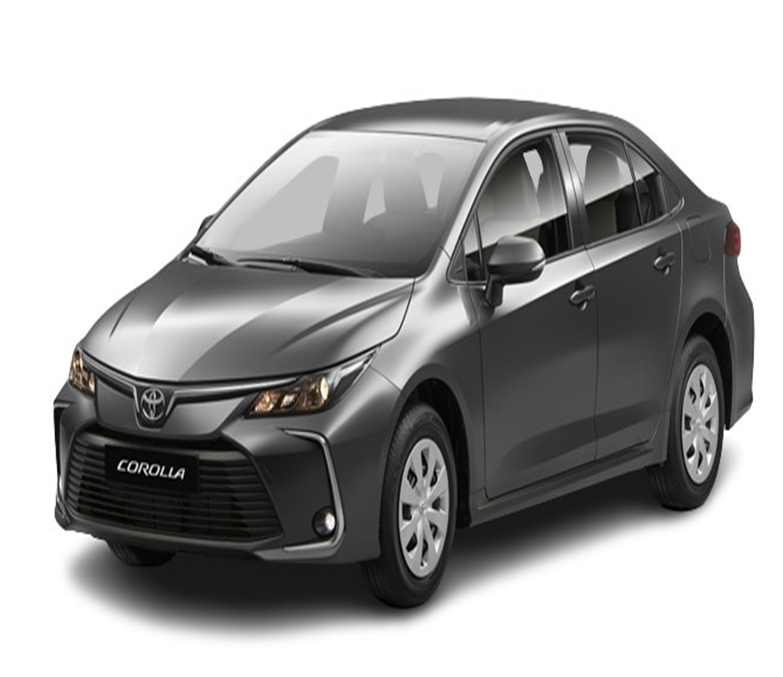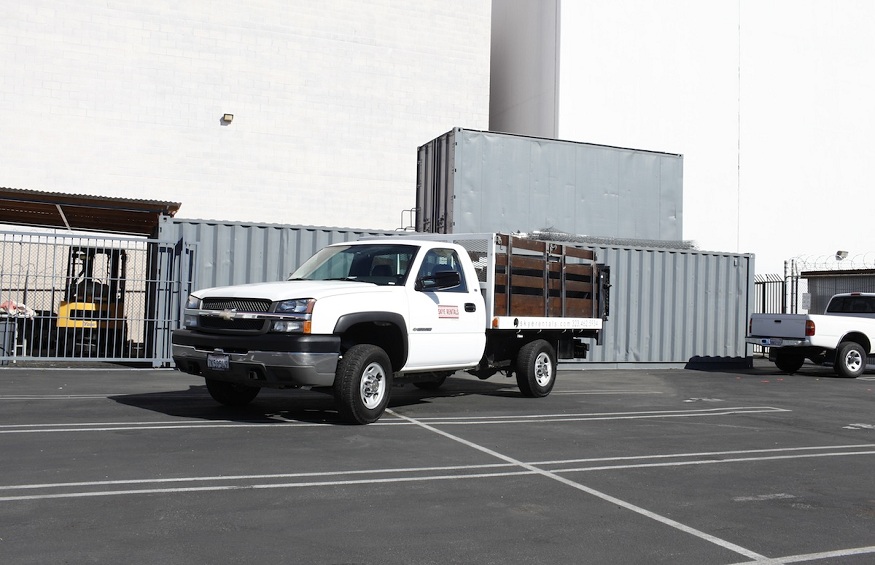When you begin the research process for your next vehicle, one question often comes up: should I consider a new or used model? Both types of transaction have their strengths and weaknesses which should be taken into account before signing at the bottom of the contract. We have put together the advantages and disadvantages of one or the other of the possible avenues.
The price
For comparable models, a used vehicle will of course be cheaper than a new one, but there is more to consider here. You might be tempted to avoid mainstream models in order to aim for a high-end vehicle that you couldn’t afford when new. However, make sure your budget is able to support the higher repair and insurance costs. At the other end of the scale, an all-new entry-level model can cost the same – or even less – than a top-of-the-line used vehicle, and it will be covered by a warranty.
If you’re shopping on the used market, a Certified Pre-Owned vehicle will likely cost more than a regular used car, but it may be worth it to you for added peace of mind. These certified vehicles come with a factory warranty, and likely low mileage, in addition to having undergone an inspection and all the necessary tune-ups to help prevent potential problems.
Depreciation
It’s easy here: if you buy a new vehicle, you’re the one absorbing that initial depreciation, and we all know the value goes down as soon as you start the engine and drive off the dealer lot and drive it back to the House. Even so, the whole picture can be a little more complicated. It’s common for a high-end model to lose value at a faster rate than a mainstream model, and if it’s used and recent, that depreciation will be absorbed by you. In the second-hand market, a luxury model from a mainstream manufacturer may ultimately be a better deal than a vehicle bearing a prestigious emblem.
Funding
New or used, if you’re borrowing money to buy your next vehicle, you need to do your homework. You could save a lot on interest if you make the right choice. With a new vehicle, you will be offered financing through the dealership. If there are financial incentives, they could come with low interest on the loan. That’s probably better than what your bank will give you and could bring the total cost of the new car closer to that of a used car.
Also check used vehicle dealer financing to see if you can get a better rate than through your financial institution. This could narrow or eliminate the gap between a newer model in the dealership lot and an older model that you are considering buying from a private individual. No matter which model you buy, we recommend that you ask your financial institution for a loan pre-approval before doing anything. You will therefore have an idea of your interest rate and your payments, and this will allow you to compare with what the dealer offers you… and use it as a bargaining chip.
Choice and Convenience
The advantage obviously goes to the new vehicle here, as you can precisely order the desired livery and options you want; while in the case of a used car, the first owner had this opportunity. If you’re buying a used vehicle privately, you’ll first need to find the one you want, find a time that’s compatible with yours to view and test drive it, and possibly schedule an appointment with your mechanic to have it done. inspect. If the price difference is close, you may decide that your time is worth as much or more than the extra you will pay for the new model.
Insurance
When considering buying a vehicle, talk to your insurance company to get an idea of what it will cost to adequately cover it. A near-new premium vehicle could potentially cost more than an all-new mainstream model.
Find out about replacement cost insurance, which covers the difference between what you owe and what the vehicle is worth if it is declared a total loss following an accident. This difference can be quite large if your financing spans several years and you make small principal payments. It’s most often offered for new cars, but may be available on a used car if it’s new enough or a more expensive top-of-the-line model.
Technology
Although it depends a lot on the model you want to buy, new cars on the whole will have more up-to-date technology than used cars. If you need the latest connectivity or driver assistance features, you’ll need to opt for a new, or at least a recent model year used one. If this is not required, or if you prefer a vehicle with simpler controls, you can save money by upgrading to an older vehicle.
The repairs
A new vehicle has the advantage here, with repairs covered by warranty, some for several years. Depending on the vehicle and manufacturer, some may also include a period of free scheduled oil changes. If a used vehicle is fairly new, it may still have some of that factory coverage, but in most cases, you are usually no longer covered for those used vehicle repairs.
Some people may think it’s worth getting a warranty on a new or newer vehicle, and if so, go ahead with it. A third-party warranty may be available to you on a used vehicle, but we do not recommend this, as these often come with strict restrictions and rigorous maintenance schedules. You better save the money you would have paid and use it for any future necessary repairs.





